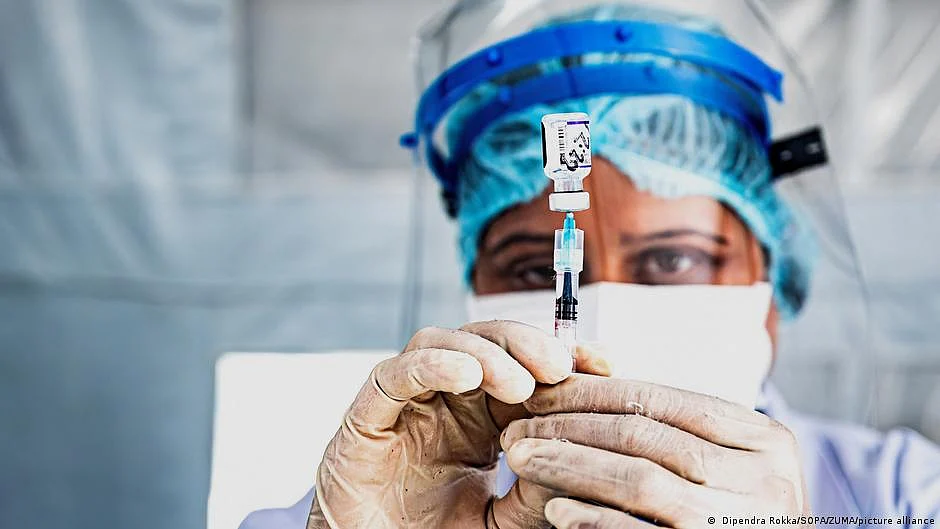Modi govt’s move of paid booster doses at private centres dovetails with its anti-poor, pro-corporate agenda
SII and Bharat Biotech had stopped vaccine production recently because of low demand and product pile-up. The latest move will clearly help them further rake in money

India’s booster dose policy, announced on April 8 by the Union Ministry of Health and Family Welfare, is clearly anti-poor.
As per the announcement, all coronavirus vaccine beneficiaries aged 18 years and above, who have completed nine months since the administration of the second dose of the coronavirus vaccine, will now be eligible to get booster doses from April 10 at private vaccination centres. This facility would be available only in private vaccination centres.
Earlier, the Modi government was compelled to vaccinate all citizens free of cost at government vaccination centres after protests against its policy to favour private players.
Vaccination drives must be centred around government vaccination centres, and it must be free. So far, about 96 per cent of vaccine beneficiaries aged 15 and above have received at least one COVID-19 vaccine dose while about 83 per cent of them have received both doses. Over 2.4 crore precaution doses have also been administered to healthcare workers, frontline workers, and senior citizens of 60 years and above. Additionally, 45 percent of beneficiaries aged 12 to 14 years have received the first dose already. Most of these achievements have been accomplished through government vaccination centres.
Not allowing for booster doses at government vaccination centres benefits private players, allowing them to derive maximum benefit from even the COVID-19 crisis.
In the last two years of the crisis, common people have already spent their savings and many have become indebted. Getting booster doses for three to five members from the same households may not be affordable for many of them. They may therefore simply avoid getting jabbed which will not only make them vulnerable to future infections but will in turn make the whole society vulnerable to future mutations of the coronavirus. It would weaken India's fight against the COVID-19 pandemic.
New mutants are already showing up in several states. Centre should also take note of its own warning to five states – Delhi, Maharashtra, Kerala, Mizoram and Haryana, expressing concerns over the recent rise in the COVID-19 cases. The states have also been advised by the Centre to monitor the spread of infection and bring down positivity rate.
Vaccination is the chief medical protection against the pandemic and is being carried on by the state governments. The policies are being decided by the Centre unilaterally and enforced on the state irrespective of the merit or demerit of the decisions. If the states are not allowed to take decisions on even vaccination, they cannot be blamed for the spread of infection.
Moreover, the people cannot be thrown at the mercy of private players and be exploited by them while government facilities remain unavailable for booster doses.
Though the Union Ministry of Health has indicated that the ongoing free vaccination programme through government vaccination centres for the first, second, and the precaution doses to healthcare workers, frontline workers, and people aged 60 and above will continue the latest decision would severely affect the vaccination process for adults below the age of 60, particularly those who cannot afford the cost.
The expansion of the ongoing vaccination drive through the present decision will also liquidate inventory lying with vaccine manufacturers. SII and Bharat Biotech had stopped vaccine production recently because of low demand and product pile-up. The latest move will clearly help them further rake in money.
(IPA Service)
Views are personal
Follow us on: Facebook, Twitter, Google News, Instagram
Join our official telegram channel (@nationalherald) and stay updated with the latest headlines